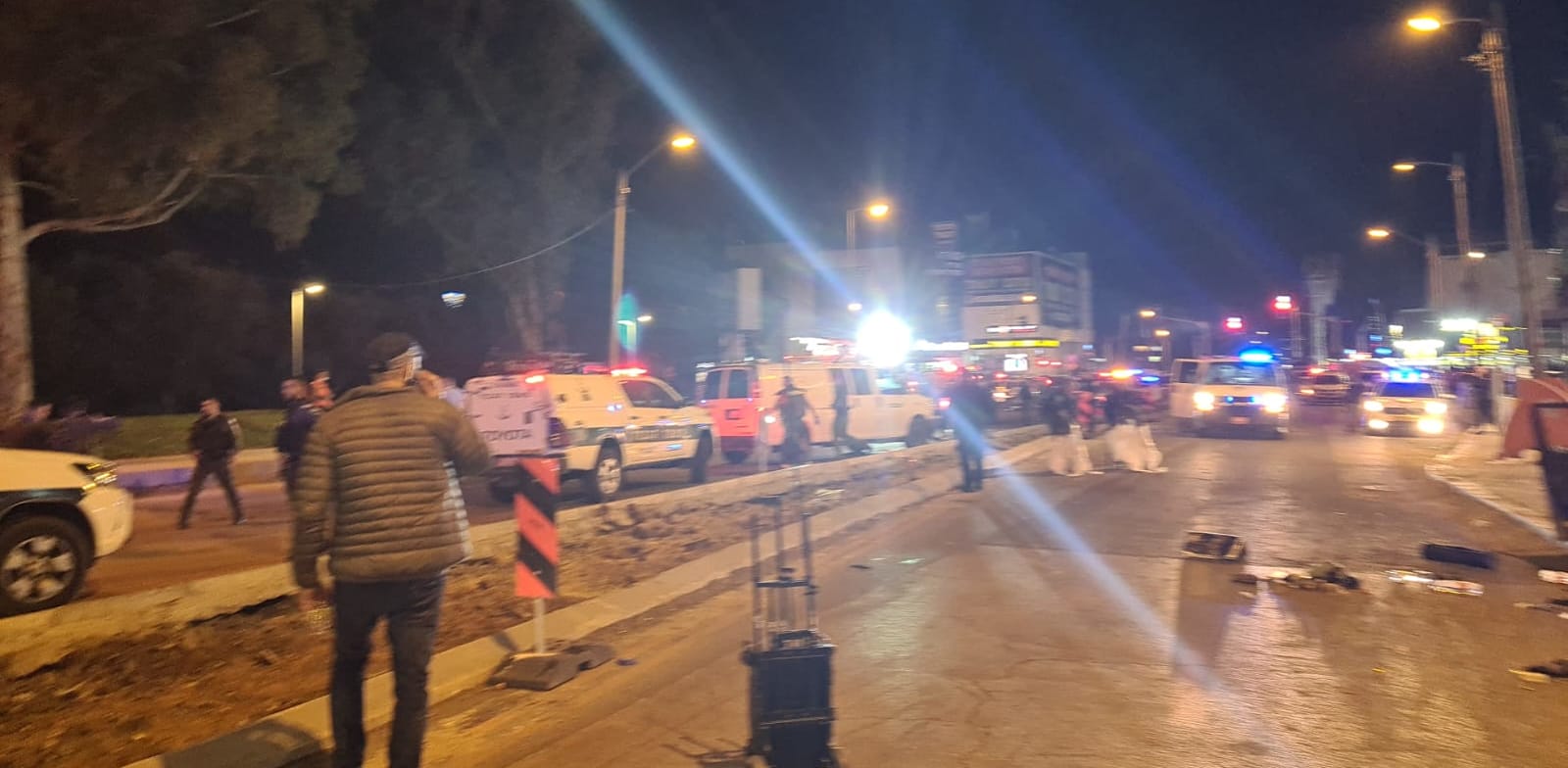Israel plays the economic card against Hamas
[ad_1]
As soon as the sporadic rocket fire of the past few days from the Gaza Strip began, Israel conveyed a warning to Hamas that it would respond in various ways. The first rockets brought Israel Air Force attacks on Hamas and Islamic Jihad installations, and at the same time messages were conveyed via Egypt and UN Special Coordinator for the Middle East Peace Process Tor Wennesland that continued rocket fire would bring a response on the civilian level. Hamas claimed that it was not responsible for the rocket fire and did not know about it.
Nothing that happens in the Gaza Strip, however, happens without Hamas approval. It’s not a matter of turning a blind eye, but of full cooperation, and a division of labor between the different organizations. In briefings for Israeli reporters, defense sources said that “Hamas does not want a confrontation, but there are organizations that are causing provocations below it.” The reality is, how shall we put it, somewhat different. Hamas might not want a full-blown conflict, but it is Hamas that is sending the other, supposedly “wayward” organizations to launch the rockets. These briefings indicate that the defense establishment is trying to prepare the Israeli public for a policy of containment of the intermittent rocket fire and escalation to a low level confrontation.
The dilemma for the Israeli leadership was over deterrent and reactive steps on the civilian-economic front. One thesis is that a distinction should be drawn between the civilians in the Gaza Strip and the terrorist organizations, and that the situation of the population should be improved while hitting the organizations. According to this thesis, resentment of Hamas will increase, and international criticism of Israel will recede. The opposing thesis is that halting the economic relaxations that have helped the economy of the Gaza Strip to grow in the past few months is what will make the populace turn against Hamas.
As the low-intensity rocket fire continued, it was decided to switch to the second approach, and the coordinator of government activities in the territories General Ghassan Alian announced that the gates of the Erez Crossing between Israel and the Gaza Strip would not open today for the twelve thousand workers from the Gaza Strip who hold permits to work in Israel. In fact, at the beginning of the series of economic relaxations last summer, defense sources explained that they would give Israel bargaining cards versus Hamas, which rules the territory: quiet in return for economic development, or cancellation of the relaxations in the event of a flare-up.
RELATED ARTICLES

What’s behind the spate of terror in Israel?
Palestinians pour through fence; Israel turns blind eye
One of the most significant relaxations is the raising of the number of recipients of permits to work in Israel, from 3,000 Gaza Strip residents defined as “businesspeople” last summer, although in fact most of them worked in agriculture and construction in Israeli settlements along the Gaza Strip border, to twelve thousand today, and another 8,000 recently approved by the Israeli government, a decision yet to be implemented. Tens of thousands more applied for permits as soon as word went round that their number was being expanded, and the immensely long queues at the offices that deal with the matter in the Gaza Strip testify to the fact that this is a highly important economic lifesaver.
The daily wage of a worker in the Gaza Strip is around NIS 10-15, which compares with NIS 300 in Israel, and more for skilled construction workers. In other words, the work permits mean a daily injection of about NIS 4 million into the Gaza Strip, or over NIS 1 billion annually, and that is even before the number of permits is increased to twenty thousand.
Halting work in Israel means a severe blow to the local economy, to the purchasing power of the families with workers in Israel, and to commerce in the Gaza Strip in general. Israel holds more cards, among them the re-imposition of imports and exports to and from the Gaza Strip. Exports, “Globes” has reported, have grown substantially in recent months, dozens of factories have opened, and unemployment has declined. Another possibility is the halting of development and infrastructure initiatives that Israel has approved, in the areas of water, power, and sewerage.
The assessment in the defense establishment, under Minister of Defense Benny Gantz, is that it will not be necessary to impose more severe economic measures to get back to the status quo ante of relative quiet. Hamas will find some way of showing that it has scored a victory, and things will calm down until the next confrontation. If that happens, the economic bargaining cards concept will be shown to work, and its implementation will presumably continue.
Published by Globes, Israel business news – en.globes.co.il – on April 24, 2022.
© Copyright of Globes Publisher Itonut (1983) Ltd., 2022.
[ad_2]
Source link





